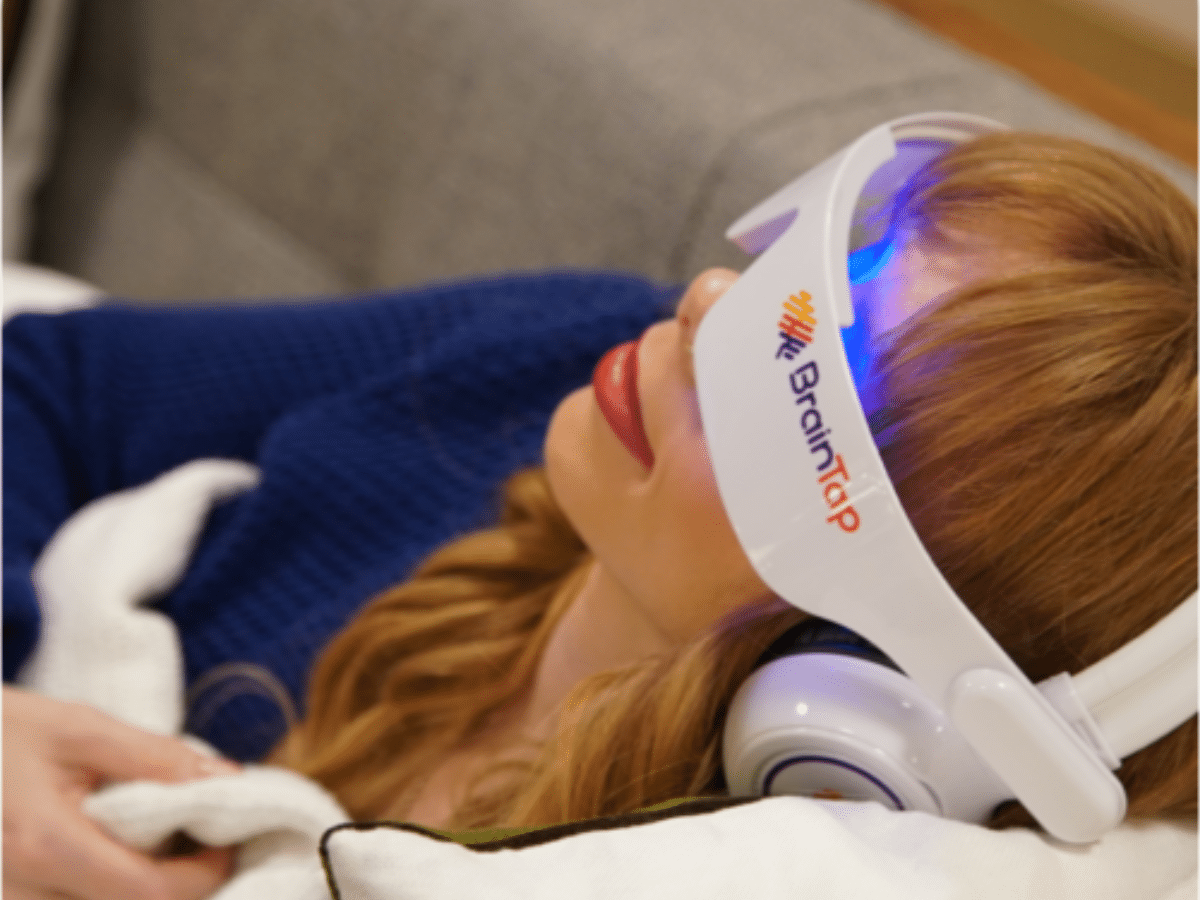
If you’re feeling anxious, you’re not alone. According to a new survey from the American Psychiatric Association (APA), nearly 40 percent of Americans are more anxious than they were at this time last year. Overall, this year’s national anxiety score is 51 on a scale from 0 to 100 — a five-point jump since 2017, says the survey.
The APA asked more than 1,000 adults to rate their anxiety in five areas: health, safety, finances, politics, and relationships.
Americans worry about paying the bills
While Americans reported feeling more anxious in all five areas, the biggest increases in anxiety centered around feeling safe, health, and paying the bills.
Nearly 30 percent reported extreme anxiety about their specific medical conditions, while 39 percent noted moderate anxiety for the same question (the survey asked questions about health insurance coverage and if the person had ever met with a therapist or other mental health professional.)
Who is the most anxious?
Millennials are more anxious than Baby Boomers and Generation X-ers, found the survey. But anxiety increased the most for Baby Boomers — a seven-point jump from last year.
Women reported more anxiety than men. Nearly 60 percent of women under 50 are more anxious, compared to 38 percent of men. The same goes for people older than 50 — nearly 40 percent of women and 24 percent of men experienced more anxiety.
People of color scored 11 points higher on the anxiety scaled compared to white Americans, according to the survey.
“Increased stress and anxiety can significantly impact many aspects of people’s lives,” says APA president Anita Everett. She suggests “regular exercise, relaxation, healthy eating, and time with friends and family,” to ease your worries and reduce stress.
Anxiety: a hardware problem in the brain
Anxiety disorders are brain hardware problems, just like depression and other mental health conditions. While there are likely biological underpinnings, the brain is plastic and you can train and untrain your brain to a certain extent, since behaviors reinforce brain activity. One recent study revealed how overactive brain cells lead to anxiety.
Here are ways to calm your anxiety so you can get the most out of your day:
Eat more healthy fats to fuel your brain
Simple as it sounds, eating well is essential to managing anxiety. Eating processed, refined, and sugar-laden foods taxes your entire body, including your endocrine system which regulates stress cortisol levels that can contribute to anxiety.
Focus on anti-inflammatory foods and healthy fats. The omega-3s in fish oil help your body better handle anxiety because they protect against inflammation, which increases your cortisol or stress levels.[ref url=”https://www.ncbi.nlm.nih.gov/pmc/articles/PMC3191260/”]
Bonus: A magnesium-rich diet full of foods like avocado, dark chocolate, and spinach can also help to curtail anxiety.[ref url=”https://www.ncbi.nlm.nih.gov/pmc/articles/PMC5452159/”]
Exercise stress away with simple and quick workout routines
Exercise releases endorphins, your brain’s natural painkillers, which in turn reduces stress.[ref url=”https://www.ncbi.nlm.nih.gov/pubmed/6250104″] Recognize where you are at, and start there. No need to overwhelm yourself (and create more anxiety) by trying to tackle too much from the get-go. Try these Ultra-Effective Workout Routines That Take 10 Minutes or Less
Another great way to exercise your anxiety away is with this 18-Minute Full-Body HIIT Workout that incorporates high-intensity interval training – a marriage between aerobic and resistance training.[ref url=”https://search.informit.com.au/documentSummary;dn=622824141502190;res=IELAPA”]
Use guided meditation to clear your mind of unwanted stress
Focusing your attention on your breath or a particular phrase like a mantra can go a long way to relieving anxious thoughts.[ref url=”https://onlinelibrary.wiley.com/doi/abs/10.1002/da.21964″]
This guided meditation centers you on your breath through visualization. Guided meditation can be an exceptional way to calm stress in the present moment.
Rewire your brain with EMDR
In a Bulletproof Radio (iTunes) podcast episode, Dave offers ways to hack your anxiety. “If it’s a quick and dirty [anxiety], EMDR, a therapy technique which ‘erases’ little traumas in your brain, could be really beneficial for you.” EMDR (eye movement desensitization and reprocessing) works rapidly to help your brain and nervous system find more appropriate responses to specific triggers. Essentially, EMDR helps to resync your right and left brain to diminish the power of events from your past that are still emotionally charged. If you want to try EMDR, find a therapist with EMDR training specifically.
Related: How to Beat Social Anxiety and Upgrade Your Social Life









